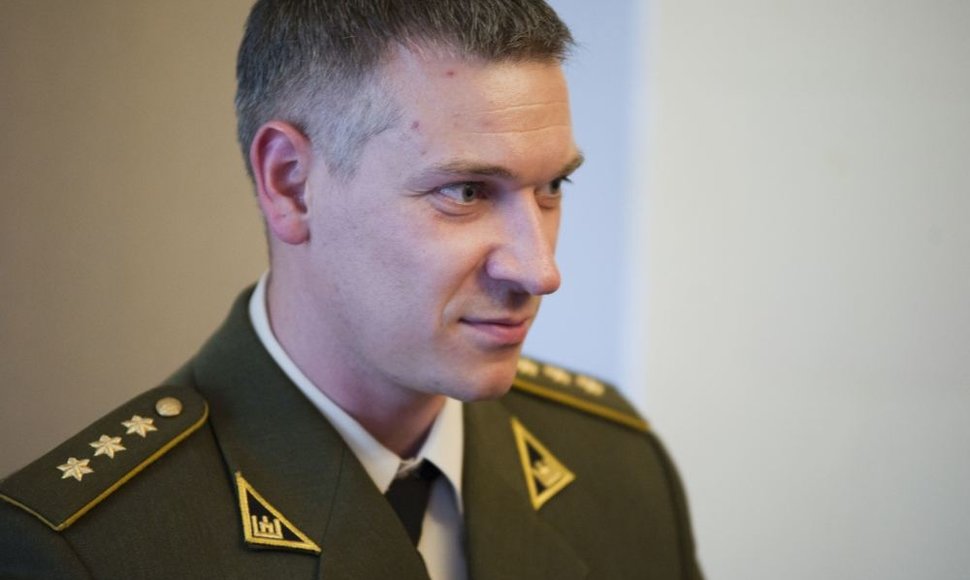"Lithuania's military staff and allies execute airspace surveillance and control based on existing NATO procedures. For that purpose, an international Baltic Airspace Surveillance and Control Command operates in Karmėlava. It's part of NATO's combined airspace surveillance and control system. Officers from Lithuania, Latvia, and Estonia are on constant watch. Shifts are made up of specialists from all three Baltic states, they are not divided up on the basis of nationality," Skomantas Povilionis, spokesman for the chief of defense of Lithuania, told BNS.
The statement was issued after Arvydas Anušauskas, chairman of the Seimas Committee on National Security and Defence, said last week the Swedish plane which flew teddy-bears with pro-democratic messages to Belarus violated Lithuania's border due to a mistake by the Estonian shift in the Airspace Surveillance and Control Command.
"One minor mistake determines a lot. I think that in this case, a mistake was made as planes are on the radars and their speed is technically identified. Since there was no identification, there was no radio connection with the Swedish plane, tags were automatically put: an 'identified' plane took off from Pociūnai (aerodrome), and the lost plane returned to Lithuania's airspace, so they had to tag it as "non-identified". And then the whole system starts working, fighter jets are sent from Šiauliai. But it was tagged as 'identified'," Anušauskas told the Žinių Radijas (News Radio) on Saturday.
"What can I say? It was an Estonian shift. (…) There are Estonians, Lithuanians, Latvians in Karmėlava, it was an Estonian shift. What can we do… We cannot do anything to Estonian officers," He said.
Meanwhile, asked whether officers in Karmėlava made some mistakes and whether an investigation would be launched, Povilionis said that "officers follow procedures during their work."
"The Air Force of the Lithuanian army has analyzed how the international Baltic Airspace Surveillance and Control Command of the three Baltic states responded to the Swedish flight and presented proposals on the improvement of incident response procedures," he said.
Officers in Karmėlava are in charge of airspace surveillance and control, coordination of actions among national control and reporting units and NATO's Combined Air Operations Centre.












